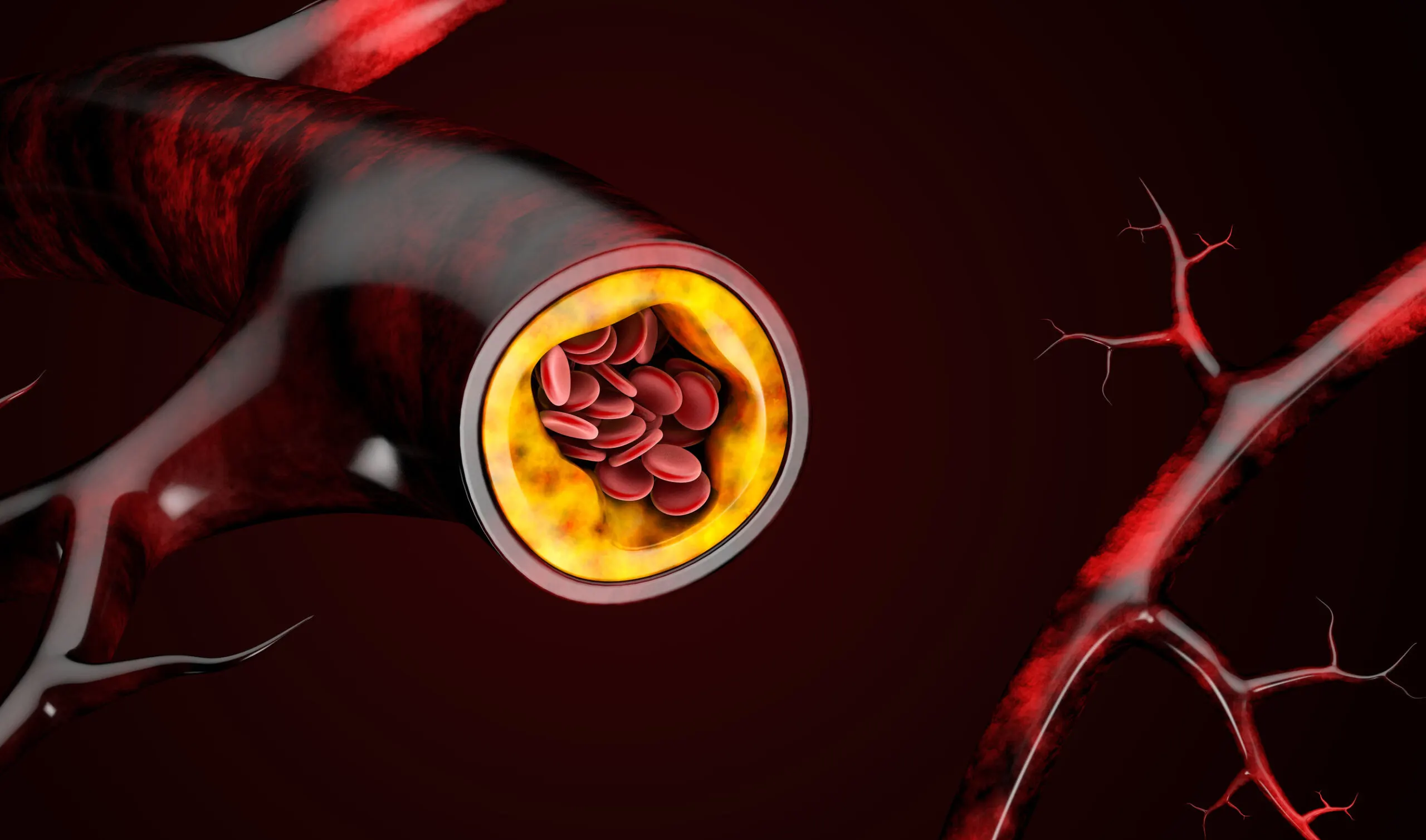Does Cocoa Help Lower Cholesterol? This Is What Science Says


Written and verified by the nutritionist Saúl Sánchez Arias
Cocoa is one of the foods that could help lower cholesterol, or at least prevent the oxidation of certain lipoproteins. We’re talking about a high quality product that contains a large amount of phytochemicals. It’s essential for it to figure in the diet on a regular basis, although not always as chocolate with high sugar content.
Most of the industrial formats of cocoa are characterized by providing an excessive amount of simple carbohydrates. These elements can have a negative impact on blood glucose levels, causing the pancreas to work harder. In people with a sedentary lifestyle, this effect can cause the development of type 2 diabetes.
The relationship between cocoa consumption and cholesterol
According to research published in the journal Hospital Nutrition, regular cocoa intake could improve the lipid profile and reduce the risk of atherogenesis. However, the study was conducted in rats, so the data are not completely extrapolated to humans. In fact, there’s little evidence in humans about the specific effects of cocoa consumption on cholesterol levels.
However, what is known is that the presence of plant foods in the diet decreases the oxidation of low-density lipoproteins (LDL), which would reduce the risk of cardiovascular pathology. According to a study published in the journal Trends in Cardiovascular Medicine, it’s the LDL-c proteins that may contribute to the formation of atheroma plaques.
There’s also evidence for the effects of cocoa in reducing blood pressure levels. Maintaining high blood pressure may increase the incidence of cardiovascular accidents.

How to include cocoa in your diet
Consuming cocoa is good for your health. But it must be included in the diet in the right way to get the most out of it.
The truth is that you should always prioritize the bitter variety, as it’s the one with the highest amount of phytochemicals. In the case of opting for chocolate, it’s best for it to have at least 80% cocoa.
Most industrial chocolates have excessive amounts of added sugars, with low cocoa content. For this reason, they aren’t usually positive for metabolic health, especially when consumed in excess. Although simple sugars aren’t the most suitable, in contexts of high-intensity exercise it wouldn’t be so harmful.
We could even find varieties of chocolate made with palm oil or palm fat, a very unstable lipid that can easily be transformed into trans.
It’s advisable to reduce the presence of trans lipids in the diet as much as possible. These have a very marked inflammatory character, so they increase the incidence of many pathologies.
It’s always advisable to buy cocoa powder in the supermarket to be able to add it to different recipes. It combines well with oatmeal, yogurt and milk. There are many options to enjoy it to the maximum.
In the case of wanting to improve the organoleptic characteristics, reducing the bitterness, it’s possible to add some type of artificial sweetener to the recipes, but don’t overdo it. There are certain indications that some of these compounds reduce the density and diversity of the microbiota.
You may also be interested in: Tofu and Chocolate Mousse, a Healthy Dessert that You’ll Love
Beware of consuming cocoa before going to sleep
Cocoa contains a certain amount of caffeine or alkaloid analogues. For this reason, it isn’t recommended to consume it before you go to bed.
It could reduce sleep quality, making it difficult to reconcile and increasing interruptions during the night. Breaking circadian rhythms could have many negative consequences.
The best time to consume cocoa is in the morning. Even as a snack could make sense.

Cocoa can help lower cholesterol
In summary, some animal studies conclude that cocoa can help lower cholesterol levels. However, this isn’t as significant as its ability to limit the oxidation of lipoproteins, helping to protect against the development of cardiovascular pathology.
Its effects on blood pressure levels are also very remarkable.
It should be borne in mind that when the objective is to improve health, it isn’t only important to focus on diet. You need to promote a series of habits as a whole. Among these, the importance of physical exercise should be emphasized.
All cited sources were thoroughly reviewed by our team to ensure their quality, reliability, currency, and validity. The bibliography of this article was considered reliable and of academic or scientific accuracy.
- Ahmad, M. N., & Amr, A. M. (2017). The effect of defatted cocoa powder on cholesterol-induced changes of serum lipids in rats. Nutricion hospitalaria, 34(3), 680–687. https://doi.org/10.20960/nh.1334
- Hartley, A., Haskard, D., & Khamis, R. (2019). Oxidized LDL and anti-oxidized LDL antibodies in atherosclerosis – Novel insights and future directions in diagnosis and therapy. Trends in cardiovascular medicine, 29(1), 22–26. https://doi.org/10.1016/j.tcm.2018.05.010
- Ried, K., Fakler, P., & Stocks, N. P. (2017). Effect of cocoa on blood pressure. The Cochrane database of systematic reviews, 4(4), CD008893. https://doi.org/10.1002/14651858.CD008893.pub3
This text is provided for informational purposes only and does not replace consultation with a professional. If in doubt, consult your specialist.








